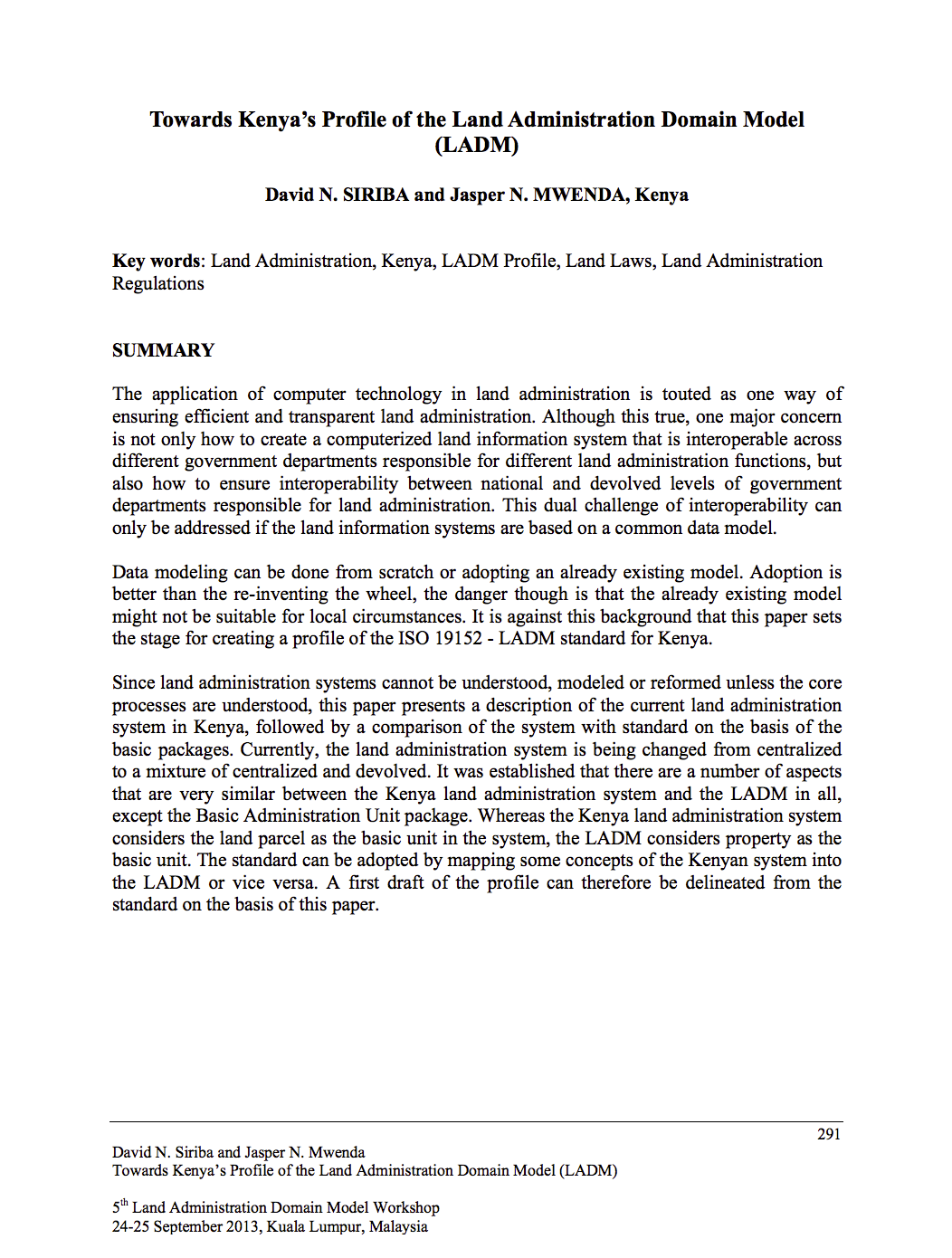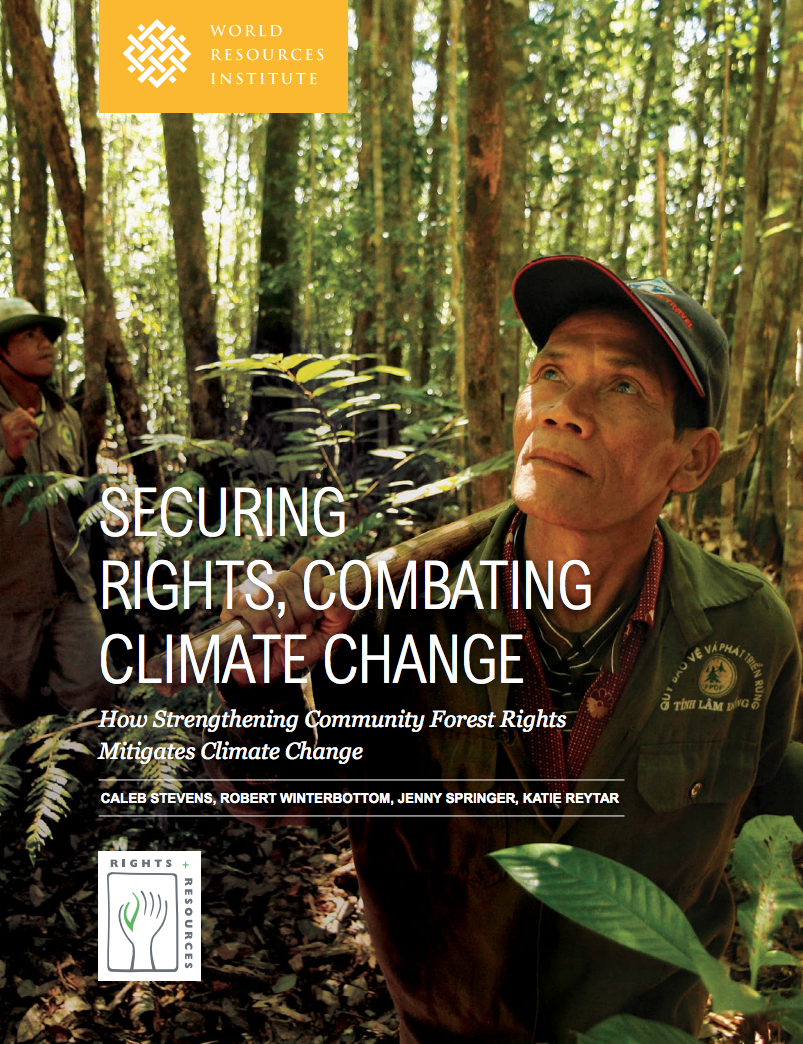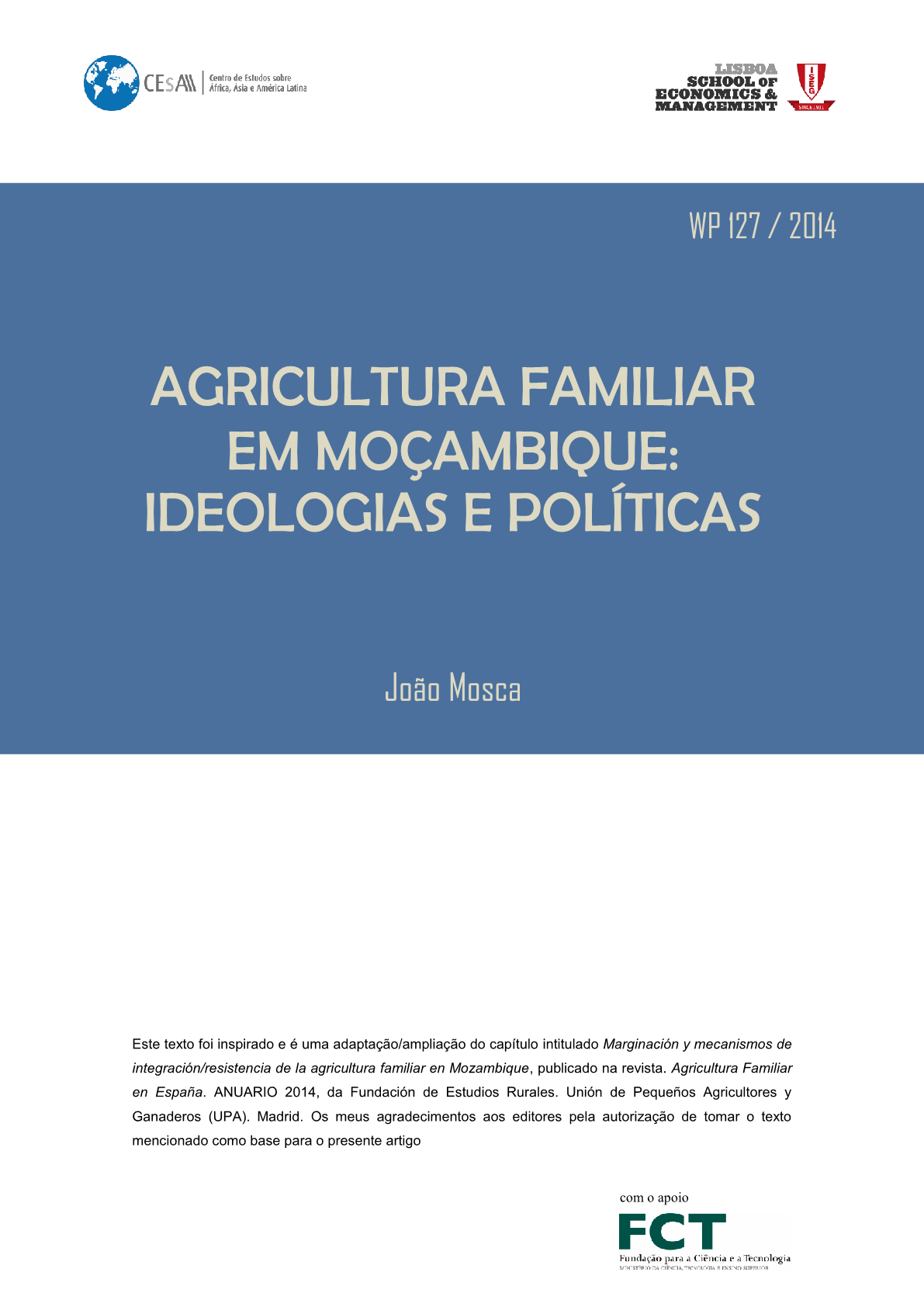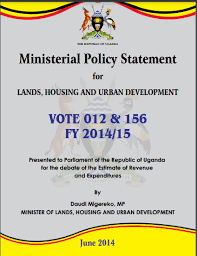FOOD-FOR-WORK FOR POVERTY REDUCTION AND THE PROMOTION OF SUSTAINABLE LAND USE: CAN IT WORK?
Food-for-work (FFW) programs are commonly used both for short-term relief and long-term development purposes. In the latter capacity, they are increasingly used for natural resources management projects. Barrett, Holden and Clay (forthcoming) assess the suitability of FFW programs as insurance to cushion the poor against short-term, adverse shocks that could, in the absence of a safety net, have permanent repercussions.









